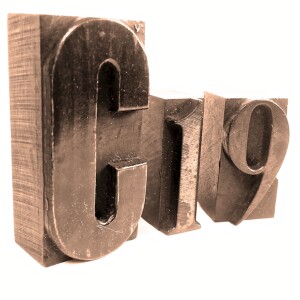
C19: America in the 19th Century
Society & Culture

S04E01 | From Letters to Cartas: Latinx Writing in Early America
 2021-01-28
2021-01-28
Download
Right click and do "save link as"
This episode explores how letters or "cartas" expounded universalist notions of political self-determination by cultivating intimate states of brotherhood or friendship across the Americas during the nineteenth century. In the recently published Letters from Filadelfia: Early Latino Literature and the Trans-American Elite, Rodrigo Lazo examines this archive to retrace the migrant steps of revolutionaries and writers between roughly 1790 to 1830: a group he calls the “trans-American elite.” Such epistolary writings sometimes reproduce and sometimes dislocate the racial, economic, and gender hierarchies of places where the Latin and Anglo Americas meet. Guest commentators John Morán González (University of Texas, Austin), Sandra Gustafson (University of Notre Dame), and Sharada Balachandran Orihuela (University of Maryland, College Park) reflect on the ways that integrating Spanish-language archives can change how we think about the early U.S. republic, as well as the cultural production of Latinx populations past and present. The episode is bookended by dramatic readings of excerpts of the letters mentioned in Letters from Filadelfia. It was produced by Carmen E. Lamas (University of Virginia) and Kirsten Silva Gruesz (University of California, Santa Cruz), with additional production support and original music from Paul Fess (La Guardia Community College, CUNY) and Douglas Guerra (SUNY Oswego). Full transcript available here: http://bit.ly/C19PodcastS04E01
view more
More Episodes
S02E02 | J19 Editors on the Fall 2018 issue
 2018-11-21
2018-11-21
 2018-11-21
2018-11-21
S01E05 | Who Was Charles Chesnutt?
 2018-01-15
2018-01-15
 2018-01-15
2018-01-15
S01E04 | The Book That Wouldn't Go Away
 2017-12-04
2017-12-04
 2017-12-04
2017-12-04
012345678910111213
Create your
podcast in
minutes
- Full-featured podcast site
- Unlimited storage and bandwidth
- Comprehensive podcast stats
- Distribute to Apple Podcasts, Spotify, and more
- Make money with your podcast
It is Free
- Privacy Policy
- Cookie Policy
- Terms of Use
- Consent Preferences
- Copyright © 2015-2024 Podbean.com




